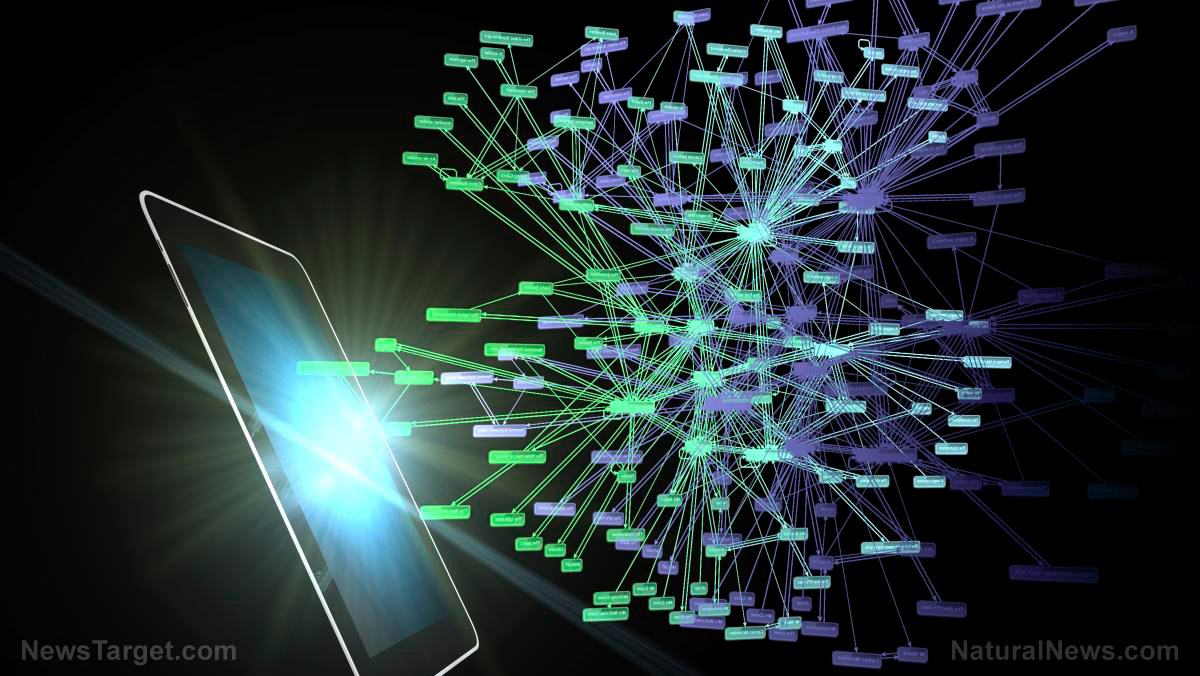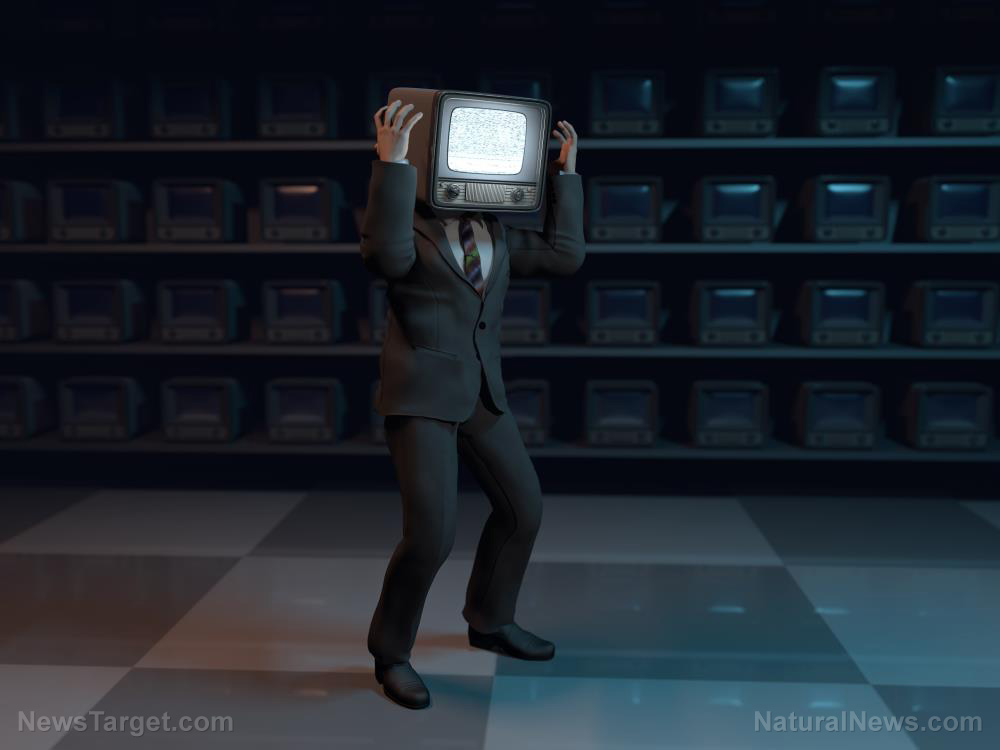Can Ford’s proposed autonomous “Robocop” car be trusted not to shoot innocent civilians?
02/25/2018 / By Edsel Cook

What happens when Robocop meets Knight Rider’s KITT? You get Ford’s latest brainchild, a plan for an automated police car that’s either an abuse of privacy and power or the future of unbiased law enforcement, reported The Daily Mail.
A recent patent filed by the automaker specifies the concept of an autonomous vehicle that lurks behind buildings or trees to surprise speeding drivers.
Law enforcement officials are not amused by the implied threat to their jobs. Neither are autonomous experts who worry about robots violating privacy.
“A widely-distributed, autonomous police presence is not hard to imagine,” said Ed Walters, who teaches robotics law at Georgetown University. “Do we want to live in a world blanketed with the autonomous police cars?”
Defenders of Ford’s concept believe a driver-less police car would improve police efficiency and reduce biases. (Related: Your barista is being replaced by a robot, already in use in Japan.)
Your license plate is like your face
Automobile magazine Motor 1 provided the first glimpse of Ford’s proposal. The driverless car has a plethora of sensors to check its surroundings. It will be smart enough to find a good hiding spot.
According to the patent, the vehicle could tap “a locally stored record of drivers” and instantly trace a license plate to a driver’s record. This capability to amass data raised the hackles of privacy experts.
“It may result in a lot more prosecution,” said Dave Maass, an investigative researcher at the Electronic Frontier Foundation.
According to him, facial recognition technology will one day be capable enough to reduce human faces into the equivalent of license plates.
“So you take this vehicle — an automated police vehicle — that’s driving around and grabbing the faces of everyone,” he warned.
The data collected by the autonomous cop car would logically be stored somewhere. Ford’s patent neglects to mention any plan to safeguard the accumulated information.
Automated police tools tend to worry privacy advocates. Speeding cameras, for example, hold on to the license plate numbers of ordinary citizens for long periods of time. Police insist these devices are used to fight crime and watch dangerous neighborhoods.
The founder of Mothers Against Drunk Driving considered Ford’s concept a dangerous first step towards abuse of power.
“It kind of reminds me of a police state when all of a sudden you could be pulled over for non-dangerous driving behaviors,” Candace Lightner opined. “I don’t like it at all.”
An end to bias and inefficiency?
Not everyone rejects the idea of autonomous police vehicles. Some are even exultant about a long robotic arm of the law.
Ford claimed wireless technology would speed up the response time for traffic violations.
Similar environment-sensing capabilities could find their way aboard commercial self-driving cars. Ford expects its first such civilian vehicle in 2021.
According to supporters, autonomous police vehicles would be more efficient at police work and unbiased towards race or pretext.
“You will have fewer pretextual stops,” said Ian Adams of the libertarian R. Street Institute
Pretext stops are instances when a police officer pulls a car over for a minor violation but is actually investigating a more serious crime.
The technology for Ford’s dream of a lean, mean crime-fighting machine isn’t yet here. But current law enforcement tech suggests it’s not that far off.
Colorado police, for instance, use drones to inspect crash sites and obtain evidence.
General Motors is ahead of Ford when it comes to driver-less vehicles. Its Cruise AV vehicles are autonomous cars devoid of steering wheels or pedals.
If U.S. lawmakers approve the company’s request, you may be seeing self-driving GM cars on the road by 2019. The next step is a fleet of GM robo-taxis.
Keep an eye on increasingly common robots at Robots.news.
Sources include:
Tagged Under: autonomous vehicles, driver-less car, drones, Ford, General Motors, Glitch, GM, Police, police car, police state, public safety, robo-taxi, Robocop, robot car, robots, security, self-driving car
RECENT NEWS & ARTICLES
COPYRIGHT © 2017 GLITCH.NEWS
All content posted on this site is protected under Free Speech. Glitch.news is not responsible for content written by contributing authors. The information on this site is provided for educational and entertainment purposes only. It is not intended as a substitute for professional advice of any kind. Glitch.news assumes no responsibility for the use or misuse of this material. All trademarks, registered trademarks and service marks mentioned on this site are the property of their respective owners.




















